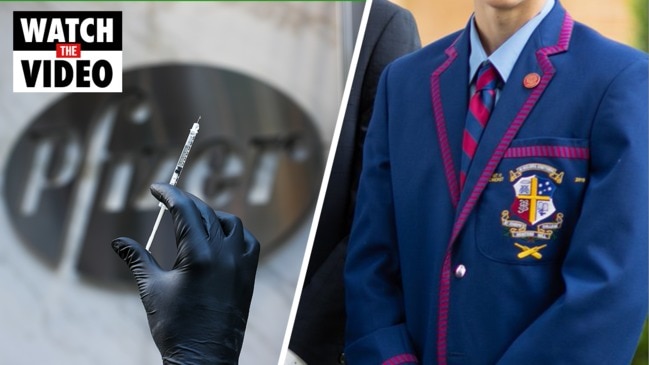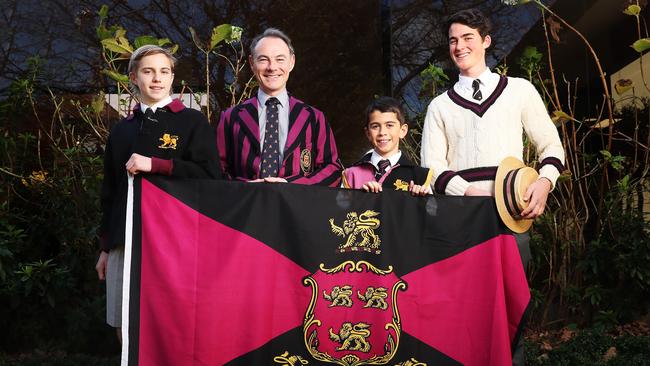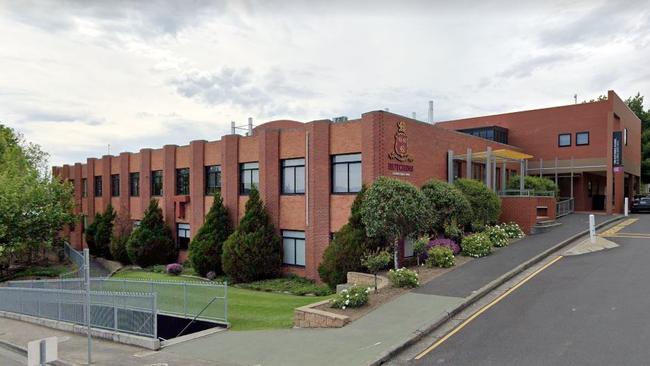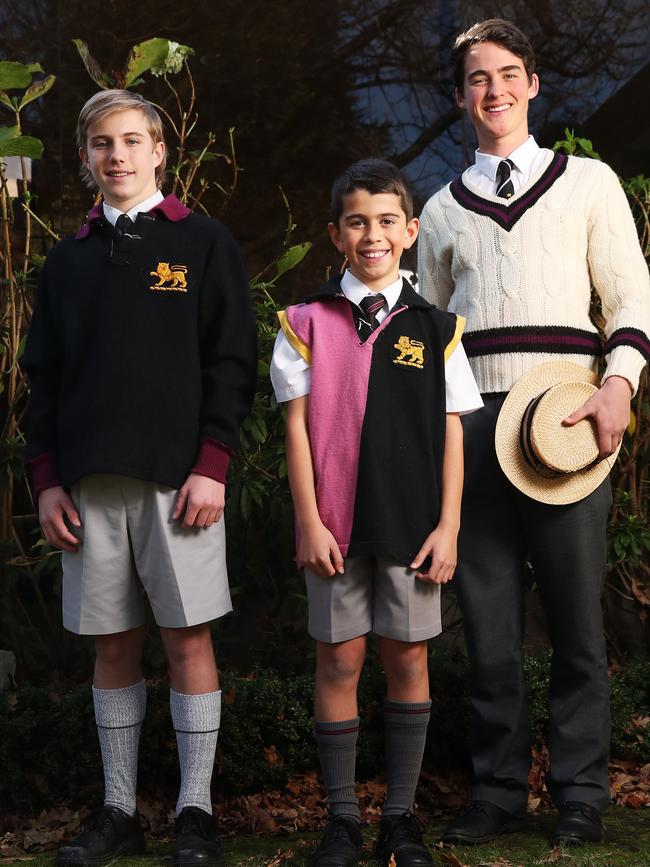“Every Hutchins student can be a champion of character” Tassie school celebrates 175th birthday
Birthday celebrations have began at Australia’s third oldest school with the cohort at Hutchins honouring what makes their community shine.

Tasmania
Don't miss out on the headlines from Tasmania. Followed categories will be added to My News.
When looking for the true magic of The Hutchins School, don’t look for it in the buildings or the textbooks or the curriculums, look for it in the very quality the school was founded on 175 years ago; character.
Inextricably linked to everything the school is today, and every footstep taken by school predecessors in the past, character of personality is a strong focus from the moment a boy enters this Pre-Kindergarten to Year 12 all boys school.
Headmaster Rob McEwan has been reflecting on the values of this Hobart icon and Australia’s third oldest school, ahead of the 175th birthday on Tuesday August 3.
“Unlike academic achievements, athletic prowess, creativity, talent or IQ, character is not comparative, it does not glitter or stand out,” he said.
“Rather it reveals itself in our daily actions and interactions.

“While only a small number of people can be champions in athletics, the arts, academically, every Hutchins student can be champion of character.”
The school was named after Archdeacon William Hutchins who believed in the development of character in boys that was moulded by faith, learning and service to others.
“He put kindness before rules and regulations, he gave generously to the building of churches and was described as a good man,” Mr McEwan said.
The first headmaster, Reverend John Richard Buckland, was truly pioneering in spirit and made a conscious shift from “classical education” to more modern and technical education, which was extraordinary for its day.
“He introduced evening classes in classics, mathematics, French, bookkeeping and navigation,” Mr McEwan said.
“Night schools were a new concept and the inclusion of such practical subjects as bookkeeping and navigation highlight the breadth of Buckland’s thinking.
“What seems unremarkable to us today was unique and radical in its day, Buckland planted a seed of innovation in our school from the outset and this seed has grown.”
It is hard to image life in Hobart when the first day of school operations commenced on August 3 in 1846, with Van Diemen’s Land being just a penal colony and convicts outnumbering the free settlers, Mr McEwan said.

Mr McEwan often wonders what the founders would think of the school today, which started with nine students and now has a record enrolment of 1082 boys who are both courageous and nurturing at heart.
“Could they ever have imagined a dance troupe of 120 boys with 30 more waiting to join, over 300 boys receiving individual music lessons every week, a sailing academy, Power of 9 program, an outdoor education campus at Southport, a Centre for Excellence, an explicit character development program, student mental health contact offices, the list goes on,” he said.
The strong focus on dance and mental health awareness are two embodiments of the changing cultural perceptions around all boys-education.
“People often assume that single sex schools conform to stereotypes, but here it means that if the boys don’t sing we don’t have a choir, if the boys don’t dance we don’t have a dance troupe, they are not only given these opportunities but are encouraged and they show great courage in doing it,” Mr McEwan said.
“I don’t think you would find another boys school in the country with that type of inclusion and diversity.
“That also extends to being respectful of all ages, genders, races, disabilities and being mindful of environmental sustainability.”
At the cutting edge of wellbeing measures, the school has a student-initiated program of mental health first aid contact officers.

Several years ago year 11 and 12 students surveyed their peer group and made the discovery that teens were more likely to share mental health concerns with a friend, so the students developed a way of helping to fit this need.
“The contact officers are trained and they meet on a fortnightly basis to talk about how to support peer groups and act as a contact point for anyone who wants to raise a personal challenge,” Mr McEwan said.
This focus on nurturing the wellbeing of one another encompasses all age groups.
“The little boys look up to the older boys as an aspirational leadership example, they see these 17 and 18 year old boys singing and dancing and leading the way with mental health promotion and they think this is right and it is ok to do that,” Mr McEwan said.
“I am honestly blown away with the compassion and maturity our students have for their age, this generation of young people give us enormous optimism for the future.”
The school will be holding multiple celebrations over the next week with current and past students and teachers, and the wider community, including a gala ball at Princes Wharf No.1 on Saturday.


